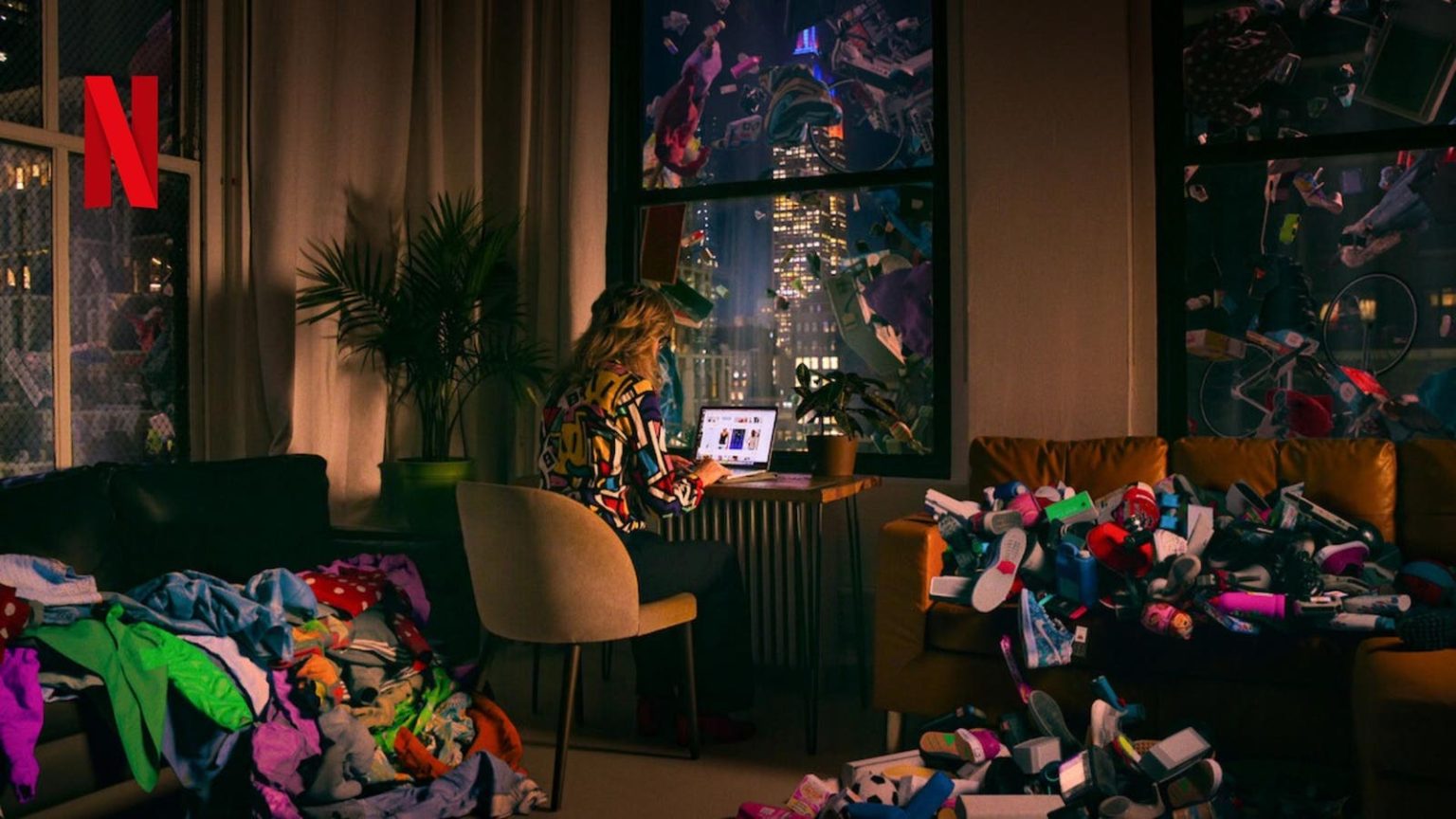Sustainability Is Back in the Spotlight: Netflix’s "Buy Now!" Unveils Retail Industry’s Dark Side
Sustainability has reemerged as a critical topic in the wake of the new Netflix documentary, “Buy Now! The Shopping Conspiracy,” which casts a glaring light on persistent questionable practices employed by various retail brands. With nearly three decades in the retail industry, I thought I had seen it all; however, the documentary effectively captures the pervasive issues of overproduction and consumption, leaving audiences profoundly shaken by its revelations. The film, which debuted amidst the holiday season, notably climbed into Netflix’s top ten in the U.S. around Thanksgiving, indicating a rising consumer awareness and concern surrounding retail practices.
The increasing consumer mindfulness about brands’ ethical behavior has been well documented, particularly during and after the COVID-19 pandemic. Polls indicate that factors such as environmental sustainability and fair employee treatment are now at the forefront of consumers’ minds. Notably, younger demographics, particularly Millennials and Gen Z, have shown higher standards for corporate responsibility. A recent survey by Blue Yonder highlighted that Millennials are just as passionate about these issues as their younger counterparts, underscoring a generational shift towards demanding transparency and sustainable practices from the brands they support.
"Buy Now!" cleverly navigates the complex commercial landscape, challenging the very definitions of sustainability that many consumers hold. While brands may flaunt "green" initiatives—such as electric delivery vehicles or eco-friendly packaging—much of this appears to be mere window-dressing when juxtaposed with the extensive environmental damage exacerbated by relentless overproduction. Notably, the documentary sheds light on how companies manipulate repairability to drive sales: products are often assembled with glue instead of screws, resulting in 13 million cellphones and countless other electronic devices discarded daily rather than repaired and reused.
The film takes viewers to South Asia, where informal workers face grave risks while attempting to recover valuable metals from discarded electronics. These workers endure hazardous conditions, from inhaling toxic fumes to navigating treacherous environments, all in pursuit of profit margins that benefit multinational corporations. The stark contrast between consumer waste management and its exploitation reveals the dark underbelly of the retail industry, with a voiceover underscoring that "managed correctly, consumer waste can equal profits for your business."
Equally disturbing are the misleading product labels that adorn many consumer goods, suggesting higher ethical standards that simply do not exist. Various apparel companies that boast about recycling actually contract with services that ship overproduced clothing to impoverished nations, where they ultimately contribute to landfills and ocean pollution rather than fostering a circular economy. A troubling interview with a former clothing manufacturer highlighted a key issue—the durability of garments has taken a backseat as the focus has shifted towards frequent purchases and accelerated wear, which benefits the bottom line but harms consumers and the environment.
As the documentary provocatively argues, the retail industry must reassess its core strategies, with customer satisfaction, trust, and loyalty becoming critical for sustainable growth. The wake-up call presented by "Buy Now!" serves as an urgent signal to those at the helm of consumer-facing brands: overlooking these changing consumer expectations poses an enormous risk. For brands, the ramifications of building a tarnished reputation with the environmentally-conscious generations may be difficult, if not impossible, to reverse, emphasizing the urgency to adopt genuinely sustainable and ethical practices now.












